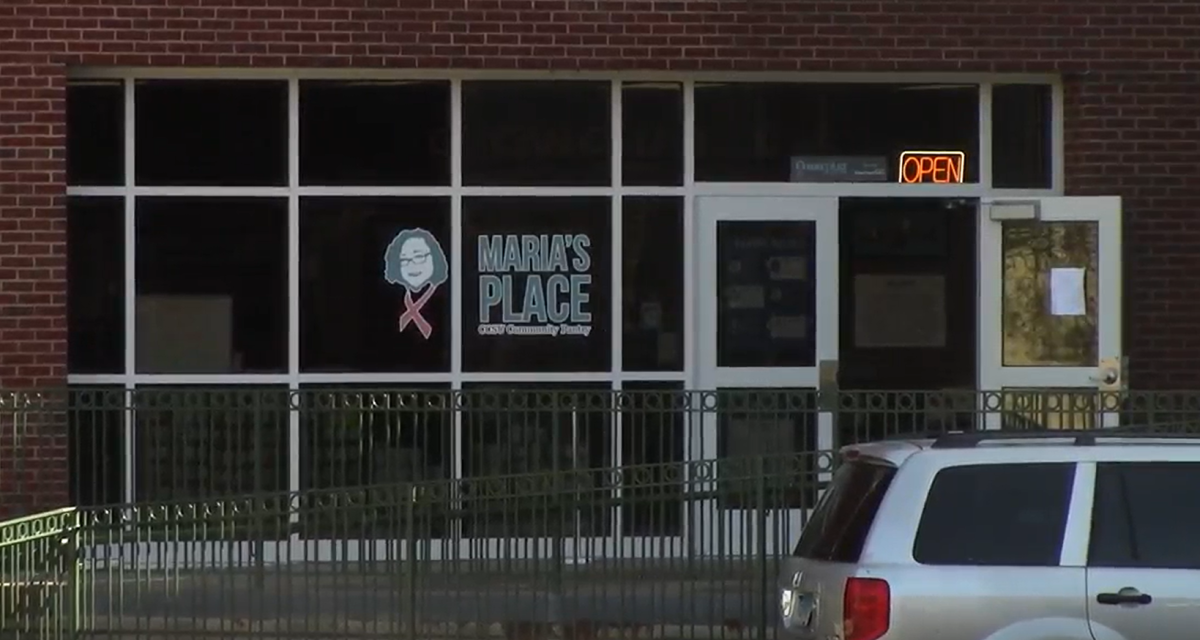Central Connecticut State University’s Ruthe Boyea Women’s Center held free HIV/HEP-C testing on March 26 and 27.
Osasere Obasuyi-Ogiamien, an exercise science major, president of the Exercise Science club, and the women’s center health student coordinator, explained the HIV testing process at a recent health event on campus.
“The tester talks through what they are testing for human immunodeficiency virus, which is a virus that affects people’s immune system, aka your body’s defense system … It is a simple finger prick, though. It is not only the finger prick,” Obasuyi-Ogiamien said. “It is a conversion, so they can best assess your needs. They ask you about your sex history. Most of the testers are around our age. So, it is easier to open up to them.”
While there, they offer education on safe sex, give away condoms and vibrators, and then discuss your test results with you.
“If your results are negative, they discuss safe sex practices. If they are positive, they discuss treatment options and next steps,” Obasuyi-Ogiamien said. “Getting detonated is very scary, but with the treatment options we have now, people with HIV can live long, happy lives and even become undetectable. There is no cure but treatment.”
Mikeni Lopez, graduate assistant at the women’s center, discussed the importance of getting tested because most STDs have no symptoms at first.
“One in five people have HIV and don’t know they are infected. When I worked in the medical field in the Navy, everyone reserved random urine tests each week, and many of the men had no idea they were infected,” Lopez said. “STDs don’t discriminate. Not just one type of person gets them, which is why it is so important to get tested. It is not related to your character; everyone gets them; it doesn’t matter who you are.”
There is still a lot of misinformation, shame and stigma surrounding STDs and getting tested. Many people may believe they are not having that much sex or that they haven’t had sex in a while, so they cannot have it.
“When it comes to getting tested, someone may say I’m having that much sex per se. It’s important to know you contract HIV through having sex once,” Obasuyi-Ogiamien said. “It spreads through blood and saliva. From a college student standpoint, if I was a girl who was sexually active and didn’t want people to know because of fear of judgment or being labeled. But when you get tested in a private room, no one is going to know.”
Getting tested is an essential part of your sexual health.
“College is a weird time being now your health is more of your responsibility compared to when it was in the hands of your parents,” Obasuyi-Ogiamien said. “Our body is responsible. We are the ones with the power to protect and care for it. We only have one body, and we should take the steps to care for it. It’s like getting a flu shot. It’s something to do to take care of yourself and others.”
Testing is an important part of sexual health, but so is practicing safe sex, which for some involves the use of condoms, which are the only birth control that protects against STDs and HIV. The women’s center located in the Student Center offers a multitude of condoms for free, such as non-latex, lubricated, finger condoms and female condoms.
They also offer free feminine care products such as pads and tampons. Historically, condoms have been viewed as something men buy and use. But women should feel comfortable having condoms with them.
“Most of the time, we always go to men for condoms. But men do not know our bodies like we do, such as if we are allergic to certain ingredients or don’t like the feel of certain condoms. It’s 2024; let’s get over the stigma,” Obasuyi-Ogiamien said. “Most everyone is sexually active. We all need to protect ourselves. It’s okay to have your own condoms. It’s not rude to insist on condom use. It’s important to make the best decisions for your needs. You want to make sure you’re safe.”
It’s beneficial to get tested and advocate for your sexual health. As Obasuyi-Ogiamien said, “It can not only be more empowering but more pleasurable.”



